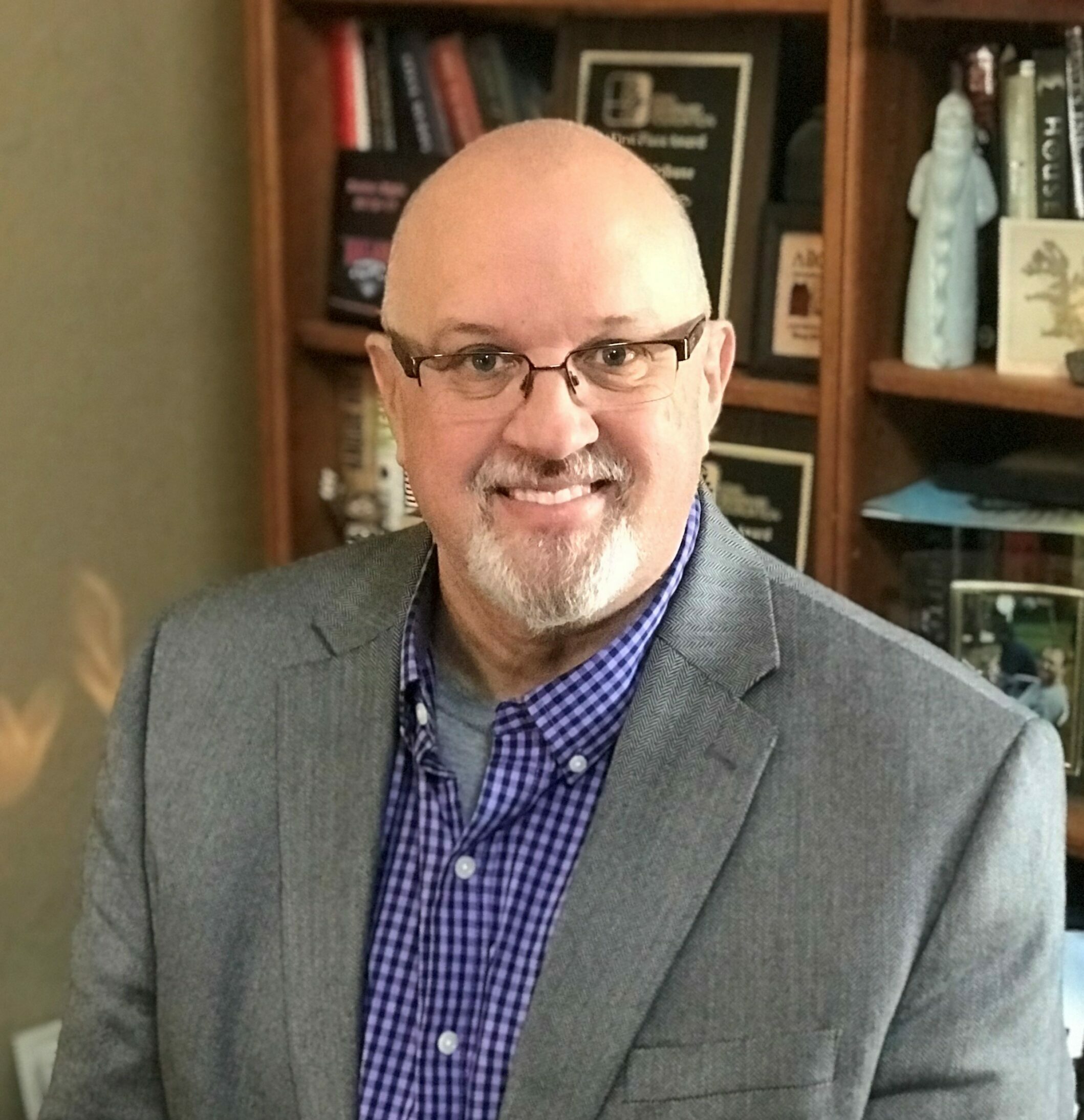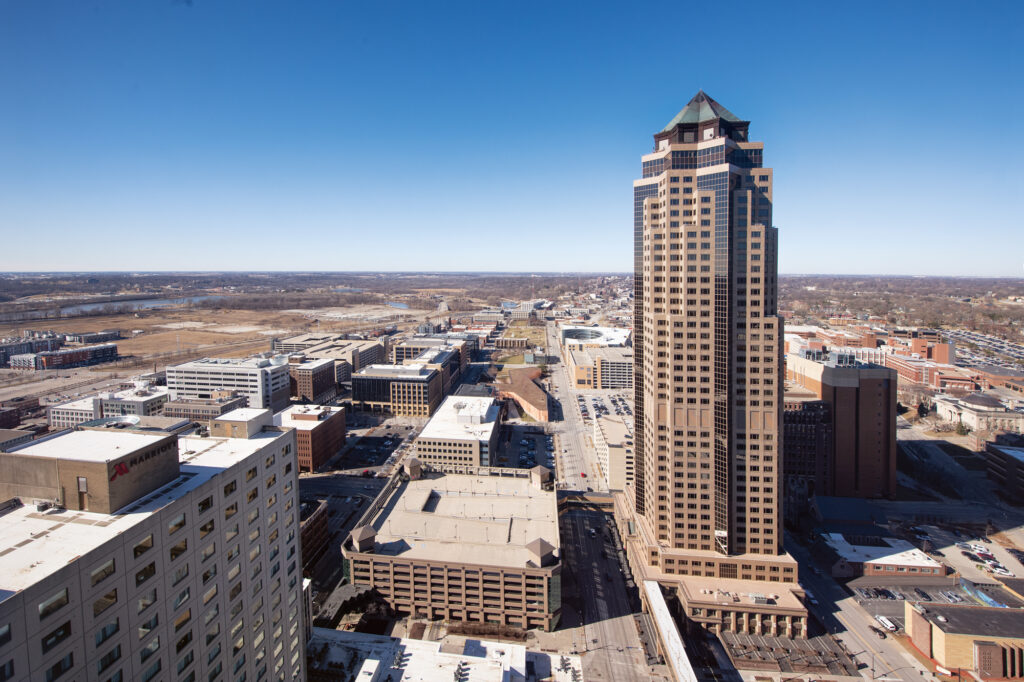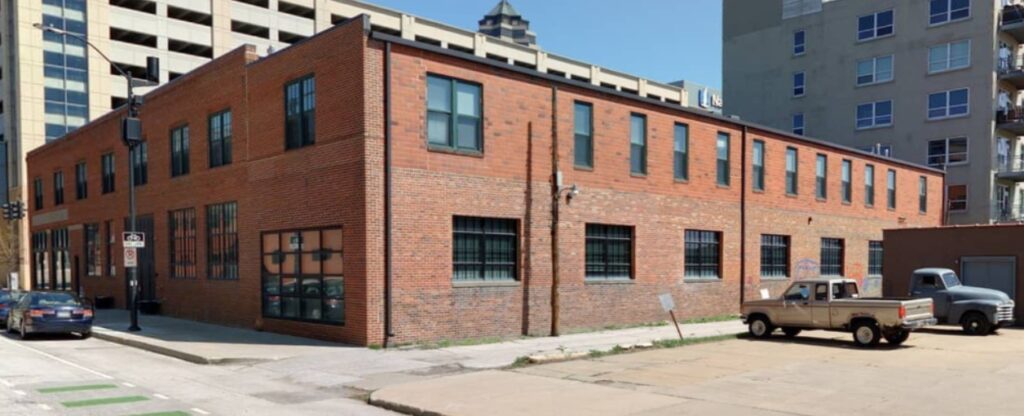Turning mines to vines
World Food Prize laureate honored for work to demine war-torn areas, restoring land to farmers

Michael Crumb Oct 17, 2023 | 3:59 pm
5 min read time
1,121 wordsAll Latest News, Arts and Culture, Nonprofits and Philanthropy
Heidi Kuhn was in a minefield in Azerbaijan when she learned she had won this year’s World Food Prize.
It was a fitting location since this year’s World Food Prize laureate is being recognized for the work she and her foundation, Roots of Peace, are doing to remove land mines in conflict-ravaged areas and restore that land for agricultural production.
The Des Moines-based World Food Prize Foundation announced Kuhn’s selection during a ceremony last spring at the National Academy of Sciences in Washington, D.C. Kuhn will officially accept the prize, which includes $250,000, during a ceremony at the Capitol in Des Moines on Thursday, Oct. 26. The ceremony closes out the weeklong event that brings together scientists, agriculture industry leaders and government officials from around the world to discuss hunger and strategies to combat global food insecurity.
The World Food Prize was founded in 1986 by Norman Borlaug, who won the Nobel Peace Prize in 1970 for his work to improve the world’s food supply. Borlaug, a Cresco, Iowa, native who was known as the father of the “Green Revolution,” died in 2009.
Kuhn works from the Roots of Peace headquarters in an office in the basement of her home, where she has deactivated land mines as desk ornaments.
Her first fundraiser was hosted by winemaker Robert Mondavi, and along the way she has received financial support from the likes of Diane Disney Miller, the daughter of Walt Disney. Jeff Skoll, co-founder of eBay, contributed $1 million, which Kuhn said was leveraged over the years to grow to $200 million.
Kuhn also talks about her journey as a cervical cancer survivor and how that has affected her desire to do something bigger.
The Business Record sat down with Kuhn to discuss her selection as the 53rd World Food Prize laureate and the impact her work is having on people who live in areas where land is being restored to grow crops.
Here is some of what we learned about Kuhn’s journey. Her responses have been edited for length and clarity.
How did you begin your work to remove land mines?
It was a vision. It was Sept. 21, 1997, and the Commonwealth Club of San Francisco had a cancellation and they asked me if I would host this group [of about 100 people] that was doing something on land mines. It was just three weeks after Princess Diana died. It wasn’t just a princess. It was her compassion, seeing her walk through the minefields of Bosnia-Herzegovina and no one was really talking about land mines before she died. So it really just came from my heart, a toast that was made, “May the world go from mines to vines,” and you could hear a pin drop. To take that other than a beautiful, prophetic toast out of the living room of my home and into the world, that was really where the challenge started.
Please describe a challenge you have faced in your work.
This past Christmas Eve, the Taliban announced that women [in Afghanistan] could not work for an international [nongovernmental organization], and the women were frightened. I’m a founder of an internal NGO, so I immediately got on the phone through Zoom, and we decided we were going to stay there. We serve no flag. We serve the farmer. And adhering to the very strict rules of the regime, we’re not political in any way, shape or form, but when I spoke to my team [on Oct. 2], they shared with me that since February, Roots of Peace has directly worked and impacted and paid 5,000 Afghan women. Now they’re bringing kitchen gardens into their homes because they can’t leave their homes without a [man accompanying them]. But we’re bringing the fruits into their homes, and the men are supportive because they can feed their children.
Share a story of how your work has directly affected a family or individual.
One mother who was on the line [the Zoom call] was just in tears. She said she and her husband have six children and her husband came home one day and said they had to sell their 10-year-old daughter because they couldn’t afford to feed the other five children and themselves. So she applied and somehow got to Roots of Peace and we gave her a job. And with tears, she said she didn’t have to sell her daughter because Roots of Peace employed her. Sometimes when I stay up in the middle of the night wondering what I’m doing and this job has just gotten too hard, there’s always an angel around the corner. And the World Food Prize will allow me to have this platform to get the importance of this out there. Afghanistan is a country 80% dependent upon agriculture for jobs, yet it conversely is the most heavily mined country in the world. And today, 90% unemployment. So our business model for peace, demine, replant, rebuild, is a game changer. I believe the world can come together. And we will be pivoting from Afghanistan to another tough neighborhood, and that’s Ukraine.
What does being awarded the World Food Prize do to elevate awareness around the importance of the work done by Roots of Peace?
I have always been deeply inspired by Norman Borlaug, and I would love to have this as a springboard to lead the horticultural revolution because it gives dignity to farmers. It’s not just dropping food off as a Band-Aid and hoping it gets distributed. We are empowering the farmers with a sustainable business, a model for peace and providing food security. I think this will help raise awareness from the heartland of America to the world. When we look at Ukraine and watch with apathy, 30% of the country is being mined. The future of humanity is at risk unless we can take stock of what we have physically done to the Earth. This is a physical manifestation of the ability of humans to restore. The Earth and the soil, it forgives us. And I can say since I walked my first minefield in January 2000 in Croatia when there were 1.2 million land mines, I have seen a war-torn country go to one of the top tourist destinations in the world. If we can do that in Croatia, we can use our collective wisdom and resources to get this very expensive job of demining [done]. But then the land is cleansed and restored back to the farmers.

Michael Crumb
Michael Crumb is a senior staff writer at Business Record. He covers real estate and development and transportation.










